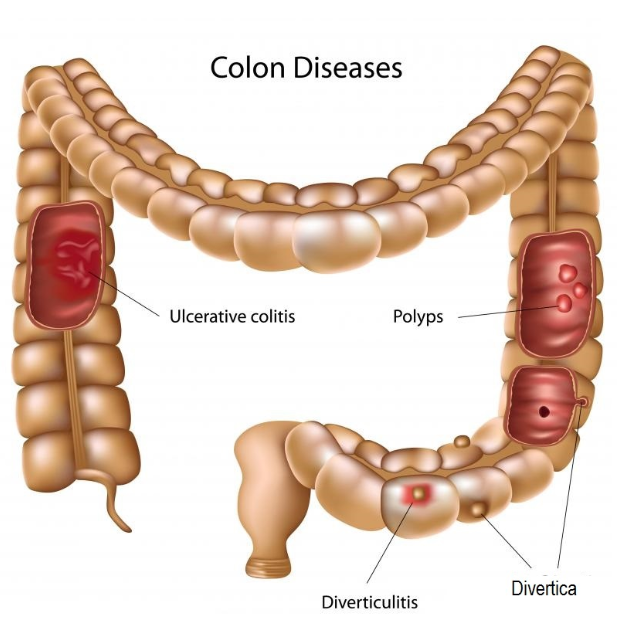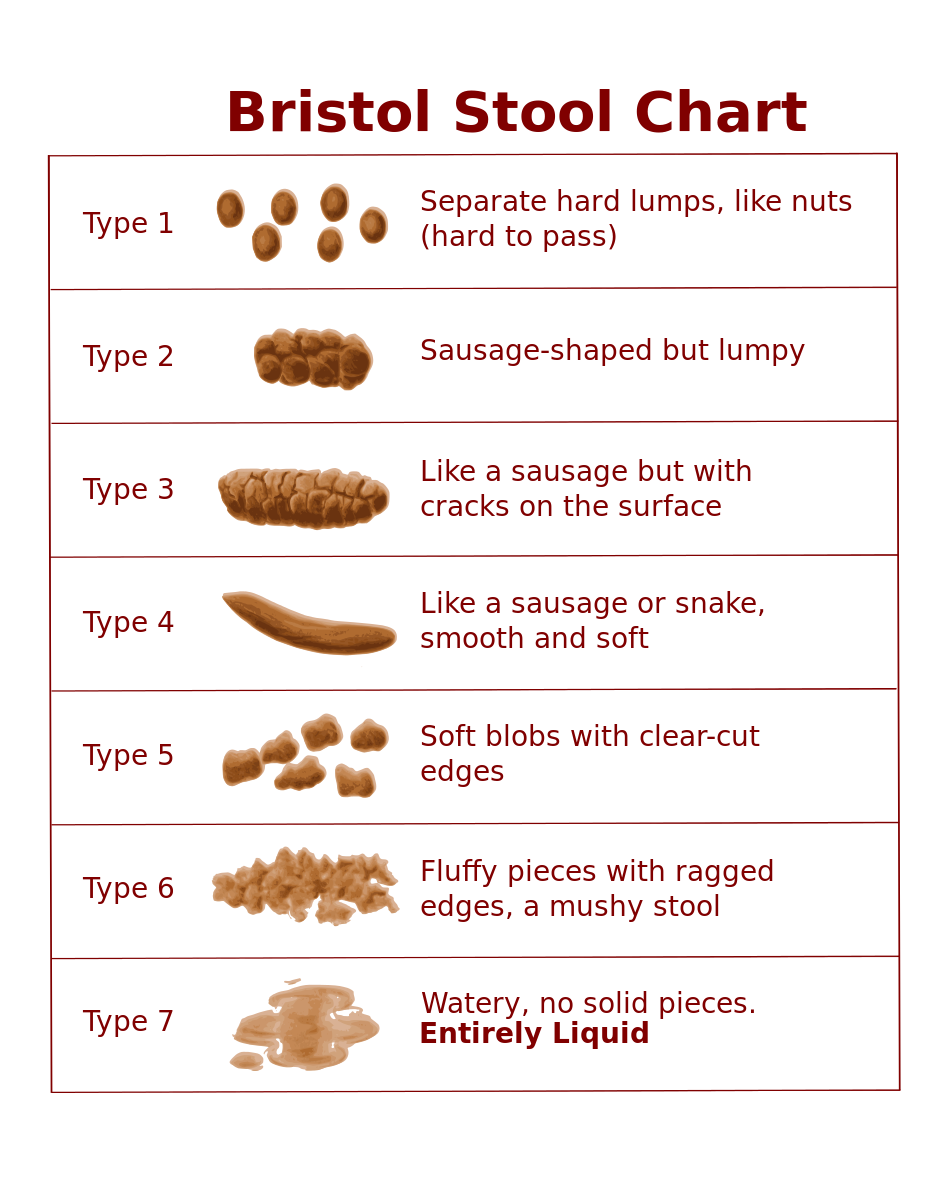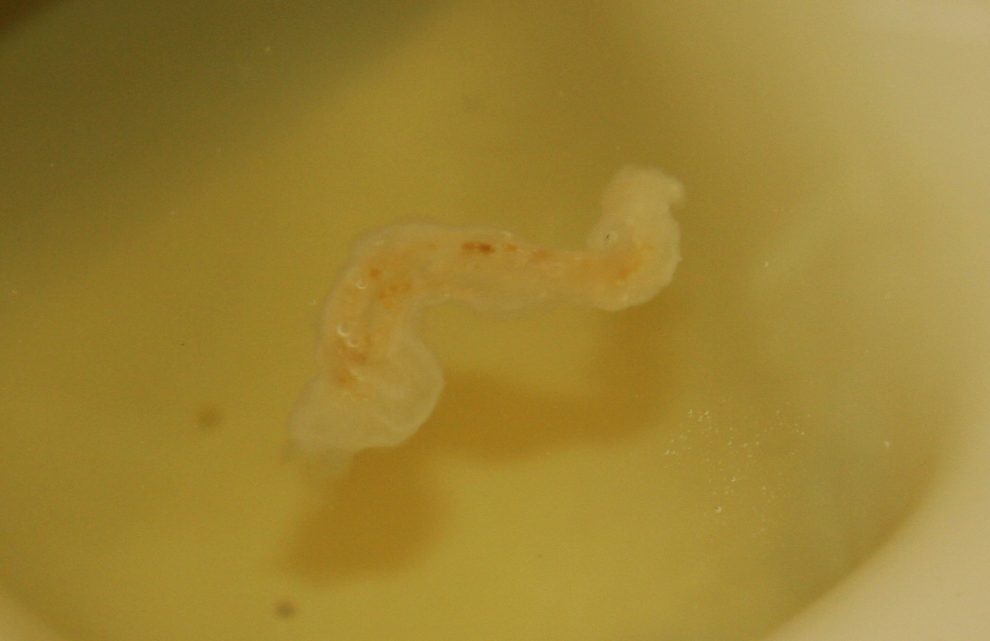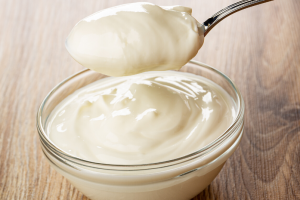If you have ever seen mucus or pus in stool, it always makes you worry where it is coming from. Mucus is produced internally in the body to lubricate various organs. Lubrication is needed since it helps to reduce friction inside the body and to keep the cells and tissues moist for their efficient functioning. In some cases the mucus is released in the stools and there are some medical reasons for it. In this article we will study mucus in stool causes and treatment
Contents
What is Mucus in Stools?
Mucus is a jelly like substance which is produced inside the body in certain organs with a goal to keep the body cells moist and lubricated. The condition is quite normal and is not an alarming situation. On the other hand, sometimes excessive mucus is produced in some of the organs due to inflammation or some infection which can be a sign of improper functioning of some important body parts.
What Does Mucus in Stool Look Like?
Mucus is normally present in stools but remain unnoticed but when produced in excess it is visible in the stools. Under this condition, you need to consult a physician as excessive production of mucus in the stools is the sign of underlying health concerns. Yellow mucus in stools or mucus in diarrhea is the sign of intestinal inflammation.
Healthy Aspects of Mucus in The Body:
Mucus is produced inside the body; bacteria inside the digestive system keep this mucus stable. Under normal circumstances, the mucus is helpful to keep the cells moist and lubricated to enhance their functioning. However, when mucus is produced in excess and is seen frequently in stools, it might be an indication of underlying health concern and you need to consult your health care provider.
Causes of Mucus in Stools:
Excessive mucus in the stools is generally considered as an indication of gastro-intestinal problems. The mucosal layer is present around intestine which protects the body from residual wastes of digestive system along with some pathogens. Sometimes, due to the intake of antibiotics for a long time, inflammation of intestine or gut, the mucosal layer is damaged and as a result excessive amount of mucus is produced in the stools. Increased mucus in the stools is generally caused by the following conditions:

- Crohn’s disease which is a bowel inflammatory disease affecting the gastrointestinal tract. Diarrhea is the symptom of this disease. Bloody mucus in the stools is caused by this condition.
- One of the main causes of mucus in stool is e-coli especially in children
- Cystic fibrosis a genetic disorder results in the production of excessive mucus in lungs, pancreas and intestines. Some females occasionally experience mucus in stool during period.
- Ulcerative colitis is caused due to the inflammation of bowel which can result in increased mucus production in stool and abdominal pain. Under extreme cases mucus in stool is due to colon cancer.
- Any infection of intestine particularly bacterial infection can result in high mucus production. In the same way some parasitic infections such as malaria, trichomoniasis and sexually transmitted infections can result in increased mucus production.
- Sometimes when bowel fails to absorb nutrients the condition is caused known as malabsoption. Celiac disease as well as lactose intolerance is the forms of malabsoption. Mucus in stool and gas are generally caused due to malabsoption.
Symptoms of Mucus in Stools:
If you have a slimy poop or if you experience mucus in stool every day, it is generally considered as an alarm of underlying infection or dysfunction of any organ of the body. Experiencing mucus once or twice is generally not a serious issue, however the presence of excessive mucus which is too prominent in the stools, along with some blood is always a big reason to worry and you need to consult doctor immediately. you can learn about health on the following Purea Magazine
Recommended Reading: Causes and Treatment of Yellow stools in infants and Adults
Diagnosis of The Underlying Concerns:
As you visit your doctor with a complaint of mucus in stools or Pooping mucus only, doctor will ask for some diagnostic tests to find out the exact cause. Doctor will also keep a record of all the symptoms you are suffering from to make an accurate diagnosis.
A physical examination is always needed and then some stool tests can be helpful in finding out the root cause of mucus in stool, back pain and other discomforts. Certain tests are prescribed to the patients such as blood test, urine analysis (urinalysis), stool culture test, endoscopy, MRI or CT scans, ultrasound of abdominal regions, colonoscopy, X-rays, chloride test etc. Once the proper diagnosis is made, the treatment is provided to make the patient feel better.visit the site https://pureamagazine.com

Mucus in Stool Treatment:
Once the condition is diagnosed, the doctor will prescribe some essential changes in lifestyle and diet plans to provide long term relief. Doctor is likely to advise some key points such as:
- Intake of more liquid, drinking 2-3 liters of water along with other beverages such as tea, coffee and fresh fruit juices.
- Eating food which is rich in probiotics such as yoghurt.
- Intake of food which is anti-inflammatory in action and is also low in spices.
- Maintaining a balance of carbohydrates, fats, proteins as well as dietary fiber in your diet plan. Simple mucus in stool home remedy is to use yoghurt every day.
Some antimicrobial and anti-inflammatory medicines are also advised to provide relief to the patient. If no medical treatment seems to work, the surgical procedures are recommended especially if the patient is suffering from fistulas and anal fissures etc my latest blog post
Bottom Line:
The mucus level on the stools is always a variable factor that changes with time. Bacteria inside the intestine determine the normal mucus present in the stools. There are certain conditions where excessive mucus in stool is considered normal such as mucus in stool after enema. Once after any infection and fever the increase in mucus is expected as the use of antibiotics can kill health-friendly bacteria inside the intestine. This mucus in stool from antibiotic is expected to come back to normal in a matter of few days. If you experience mucus weeks after the intake of antibiotics and illness, you need to get medical supervision. It is however important to make some dietary changes if you experience high mucus in the stools. The food which is rich in probiotics is helpful in maintaining healthy digestive system, in the same way eating variety of fruits and fresh vegetables can resolve the issue
Read this Article: Causes and Treatment of Lumps Behind Ear










